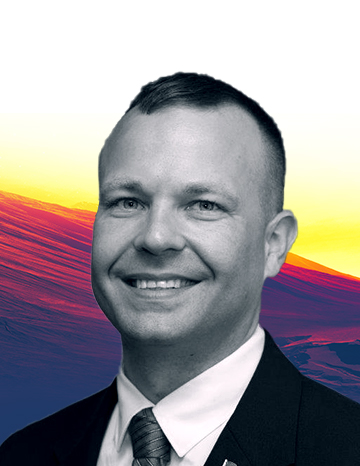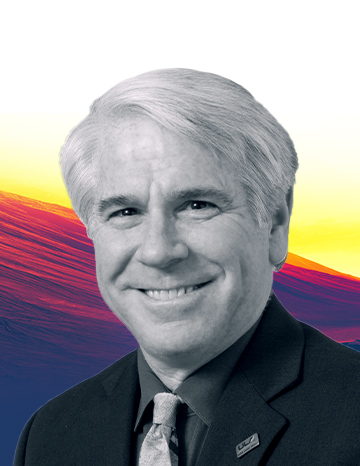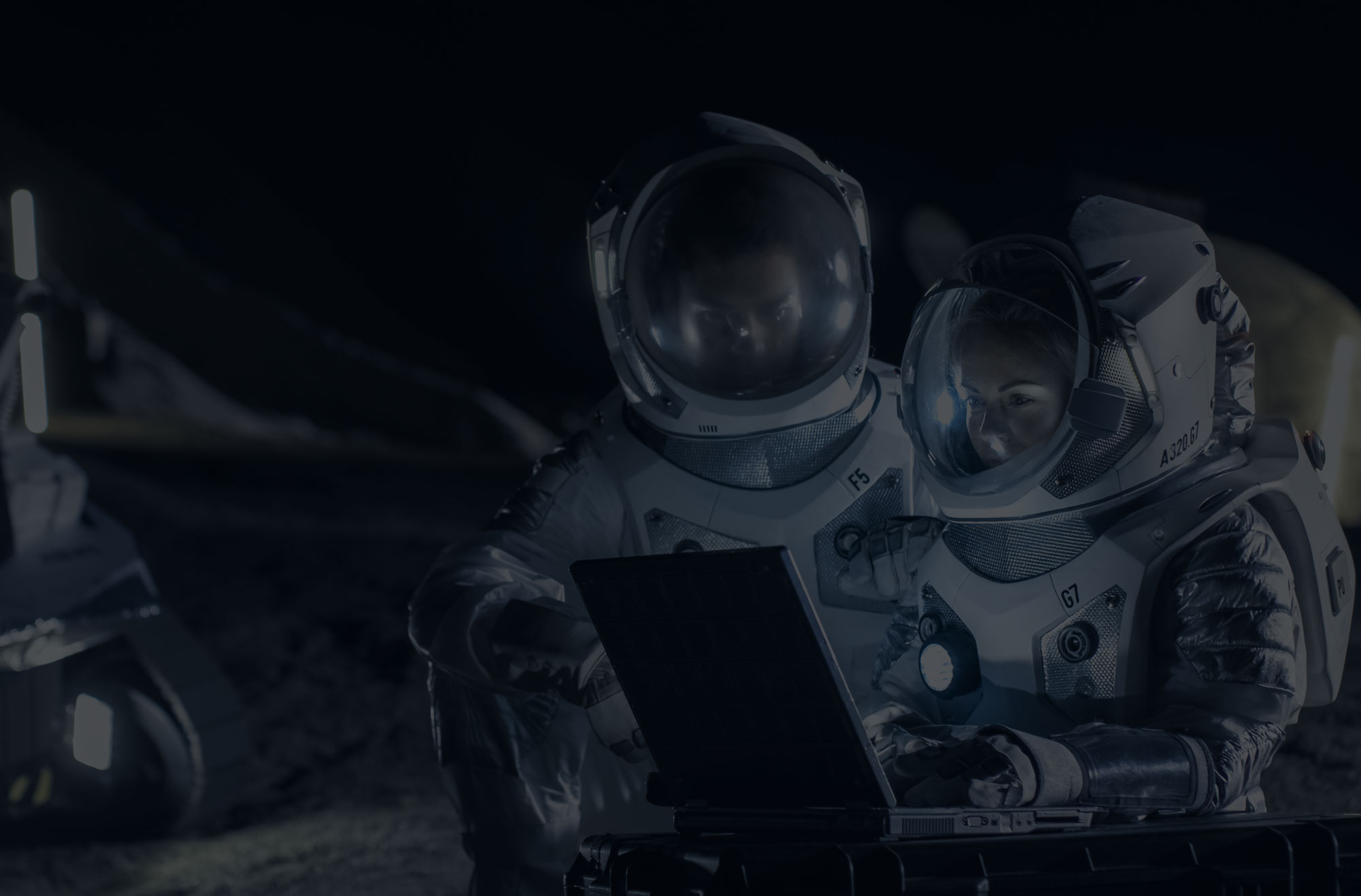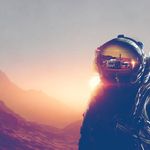Program Features Breakthrough Research, Engaging Dialogue to Help Humanity Achieve a Lasting LEO and Lunar Future
By Anne Wainscott-Sargent
Before life can thrive beyond Earth, humanity’s brightest minds across research, business, and government will need to come together to solve engineering hurdles and brainstorm the technical path forward for a sustainable future in space.
Engaging attendees to think differently as they explore the big questions to achieve a lasting LEO and lunar future is a key goal of the 2021 ASCEND event planners.
“I’m really looking forward to the breadth and diversity of topics showcasing the talent we have from all over the world who chose ASCEND as the venue to showcase their work,” said technical program chair Karl Garman, deputy research program manager for the FAA’s Office of Commercial Space Transportation.
The technical program, widely viewed as the heart of ASCEND’s November event – “where the real work gets done” – will include a collaborative component for both live and virtual audiences.
“I wanted to shape the collaborative content so that it was more engaging with ASCEND’s top-tier topics – things we must do as a community in order for the middle layer to wrestle with the path forward,” noted John Reed, chief technologist of United Launch Alliance and the collaborative program chair.
 |
 |
| Karl Garman, Technical Program Chair | John Reed, Collaborative Program Chair |
For example, ASCEND will kick off the space traffic management portion of the technical program with an event called the “Diverse Dozen,” pulling together 12 new and interesting voices in the community to discuss how to handle the plethora of smallsats and commercial pursuits in low Earth orbit. “We want to reduce the risk of potentially catastrophic events. Then we go back to the virtual platform for the remainder of the talk,” Reed explained.
More than 100 Technical Sessions
This year’s event will include 107 technical sessions, each including up to four papers presented by leading researchers worldwide. Organizers have kept the technical program 100% virtual to attract the largest number of participants, including global attendees in areas still facing travel restrictions because of the global pandemic and students and university researchers who often face travel constraints.
ASCEND’s unique format will allow researchers to share cutting-edge research followed by Q&A from the audience to move the needle forward in a cross-disciplinary manner. Topics range from space automation and robotics to artificial gravity and off-world habitats.
The biggest topic this year is space exploration, but some of the smaller technical topics will be big draws too. Garman said he’s excited about space resource utilization, which is developing a knowledge base for humankind to uncover or develop resources in space since it’s not feasible to bring them from Earth. In fact, one of the selected papers will report on findings from the current NASA Perseverance Rover mission where breathable oxygen was made out of the Martian atmosphere, said Garman.
“To me the moon is the stepping stone to all the new Earth resources,” added Reed, noting, for example, that the moon can provide the hydrogen and oxygen necessary to fuel missions to mine natural resources on asteroids.
A Benchmark to Continue the Conversation
“I hope the technical program serves as a benchmark to continue conversations on all those topics throughout the rest of the year,” said Garman.
The program chairs explained each presentation submitted to the ASCEND Call for Content was evaluated for its relevance to ASCEND and AIAA’s goals. For the collaborative sessions in particular, topics that scored highest were those “that included diversity of speakers and diversity of thought” and exhibited strong support from the session author’s organization, since it boded well for attracting wider community participation, a cornerstone of the collaborative talks, Reed said.
“We also factored in the innovation aspect – is the speaker promoting something that is a little disruptive and could cause a conversation to happen or are they just reporting out some research that might get interest?” he added.
 |
| This year’s event will include 107 technical sessions, each including up to four papers presented by leading researchers worldwide. |
A Win/Win: Building Consensus for the Way Forward
Asked to describe a win/win for both ASCEND attendees and organizers, both program chairs pointed to the community achieving a consensus about the direction forward for solving some of these big challenges on the on-ramp to space.
“By coming together as a community, we can find those areas and move forward together,” Reed said, noting that such an approach will allow everyone to be more effective while accelerating progress across all fronts.
Anne Wainscott-Sargent is an entrepreneurial storyteller in tech/aerospace, academia and government. Her reporting has appeared in Delta Sky Magazine, Satellite Today, Via Satellite, Avionics International and CDC.gov, as well as ISS360 and Upward, the blog and quarterly magazine of the International Space Station. https://annewainscott.com/



